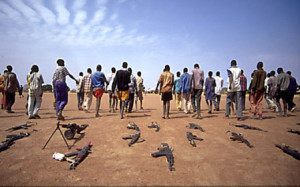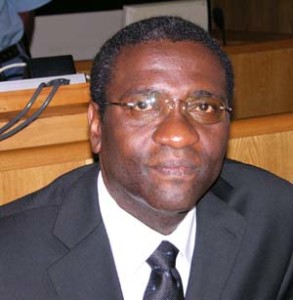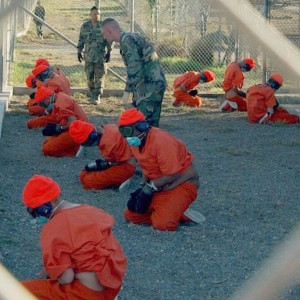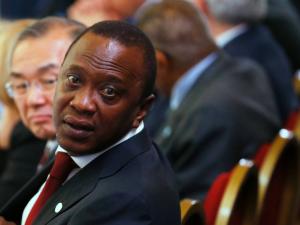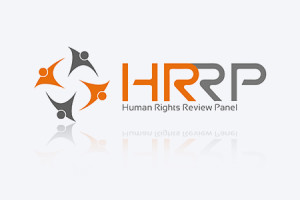 The Human Rights Review Panel (HRRP) has issued its eleventh newsletter. The newsletter comprises a detailed analysis of the Panel’s decisions over the last two months.
The Human Rights Review Panel (HRRP) has issued its eleventh newsletter. The newsletter comprises a detailed analysis of the Panel’s decisions over the last two months.
The newsletter also highlights the meetings that the HRRP held in November with officials and international organisations.
The HRRP met with Mr Gabriele Meucci, the new Head of Mission of EULEX Kosovo. The Panel briefed Mr Meucci on its mandate, procedures and operations. The meeting was also an occasion to discuss issues of mutual interest and concern.
The HRRP also met with its sister institution, the Human Rights Advisory Panel (HRAP) of the United Nations Interim Administration Mission in Kosovo (UNMIK). The Panels compared mutual professional experiences to date, discussed matters of common concern and future challenges.
The HRAP and the HRRP are the first ever institutionalized entities engaged in the assessment of alleged human rights violations by international organizations in the conduct of their executive powers in peacekeeping missions and rule of law missions respectively.
The HRRP also continued its outreach campaign around Kosovo. It met with Mr Srećko Bogajčević, the Political Advisor and the Chief of Cabinet at the Ministry for Communities and Return. The meeting was an occasion to brief Mr Bogajčević on the mandate and procedures of the Panel as well as its case load and decisions.
The HRRP’s mandate is to review alleged human rights violations by the European Union Rule of Law Mission in Kosovo (EULEX) in the conduct of its executive mandate. The Panel will look into whether a violation of human rights occurred or not and formulate recommendations for remedial action.
iLawyer Dr. Guénaël Mettraux is a member of the Panel.

